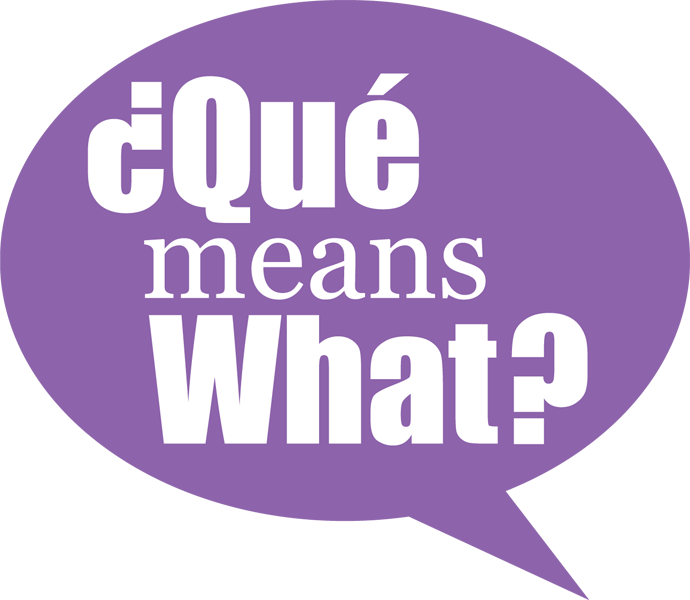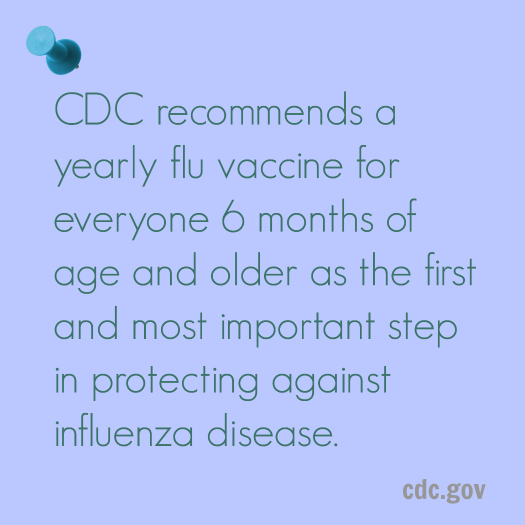This is a sponsored post in collaboration with National Influenza Vaccination Week Campaign for the CDC.
With flu activity starting to increase and family and friends gathering for the holidays, now is a great time to get a flu vaccine to protect yourself and your loved ones. CDC (Center for Disease Control and Prevention) established National Influenza Vaccination Week (NIVW) in 2005 to highlight the importance of continuing flu vaccination through the holiday season and beyond.
The holidays are here and that means more friends and family gatherings. You and your family may be around more people in close quarters than you normally are. Take precaution and get vaccinated against influenza.
DYK:
The flu vaccine is the best way modern medicine currently has to protect against this potentially serious disease.
Flu vaccination can reduce flu illnesses, doctors' visits, missed work due to flu, as well as prevent flu-related hospitalizations and deaths.
You need the 2013-14 flu vaccine to protect against the flu viruses experts predict will spread this season.
You need a flu vaccine every year for optimal protection.
It takes about two weeks after vaccination for the immune system to fully respond with antibodies that develop in the body and provide protection.
Flu activity usually peaks in January or later in the United States and can last as late as May. As long as flu viruses are circulating, it’s not too late to get vaccinated.
Who should get vaccinated?
While CDC recommends a yearly flu vaccine for everyone 6 months of age and older, there are groups of people who are at high risk for developing flu-related complications.
People at high risk for developing serious flu complications include children younger than 5 years, people 65 years of age and older, pregnant women, and people with certain long-term medical conditions, such as asthma, diabetes, heart disease, neurological and neurodevelopmental conditions, blood disorders, morbid obesity, kidney and liver disorders, HIV or AIDS, and cancer. For these people, getting the flu can mean more serious illness, including hospitalization, or it can mean a worsening of existing chronic conditions. A full list of “People at High Risk of Developing Flu–Related Complications” is Vaccination available at http://www.cdc.gov/flu/about/disease/high_risk.htm.
Once vaccinated, you can enjoy this holiday season knowing that you have taken the single best step to protect yourself and your loved ones against the flu. If you don't know where you and your family can get vaccinated, enter your zip code in the Flu Vaccine Finder below to locate a suitable clinic near you.
You may want to share this information with your loved ones this holiday season, you can download a flyer from CDC here. If you want your loved ones to protect themselves from influenza, too, take the CDC Flu Vaccination Pledge for the 2013-2014 season!






